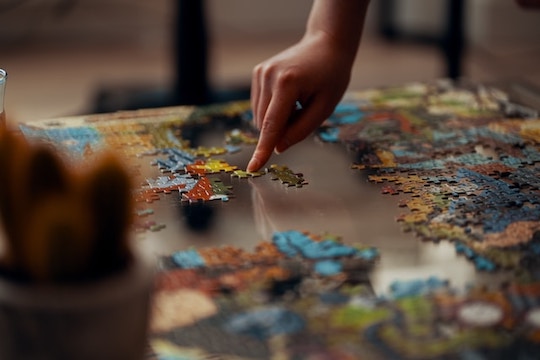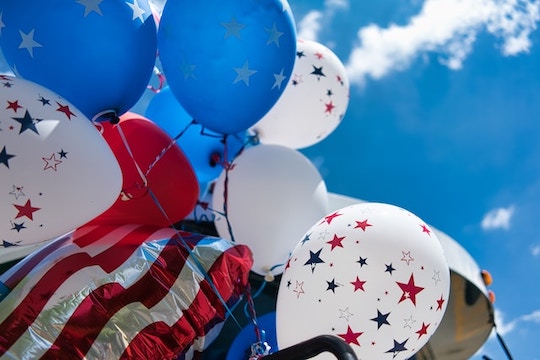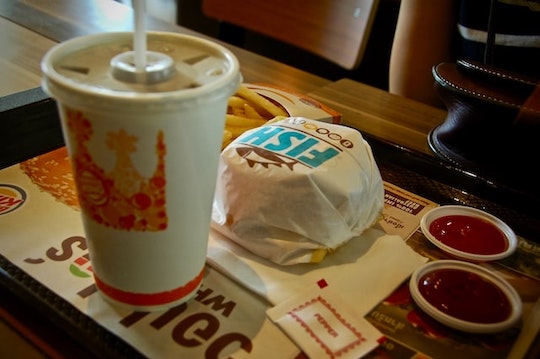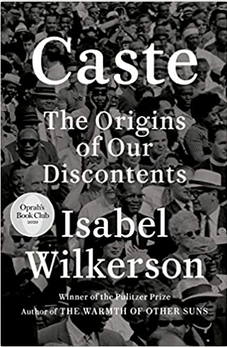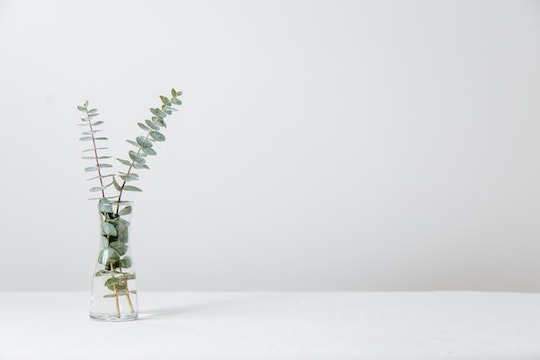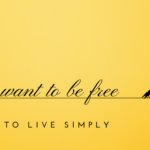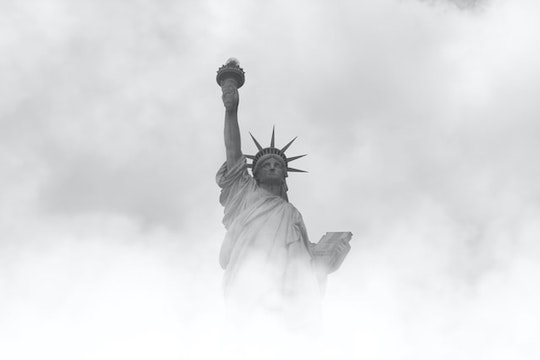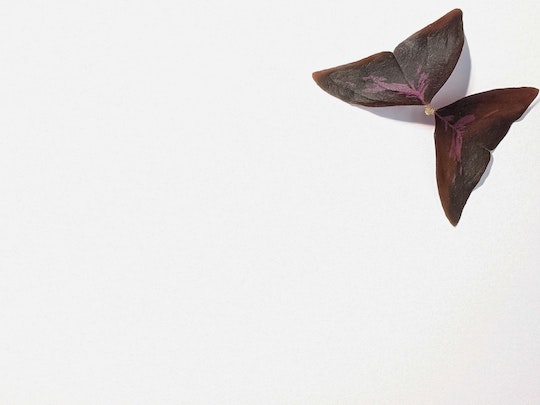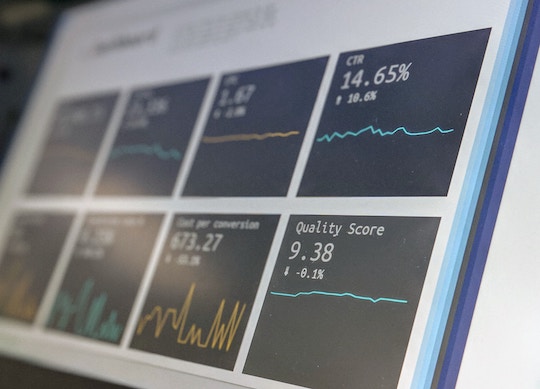“The more neatly you fit in society, the less free you actually are.”
—Naval Ravikant, American Entrepreneur and Investor
For as long as I can remember, fitting in was one of my top priorities.
Looking back at my school years, friendships, and careers, doing what was expected always seemed like the best way to go. Standing out seemed dangerous, and would almost certainly incur considerable judgement from others.
Where in your personal and professional world is fitting in a high priority?
How much freedom and wiggle room do you experience when you simply go along to get along? What aspects of yourself must you suppress in these situations, and what has it cost you over the years?
EXERCISE:
Much like in the game of Monopoly, give yourself a “Get Out of Jail” card to use whenever you feel imprisoned by society.
What new possibilities and freedoms could you realize by stepping out instead of fitting in?


